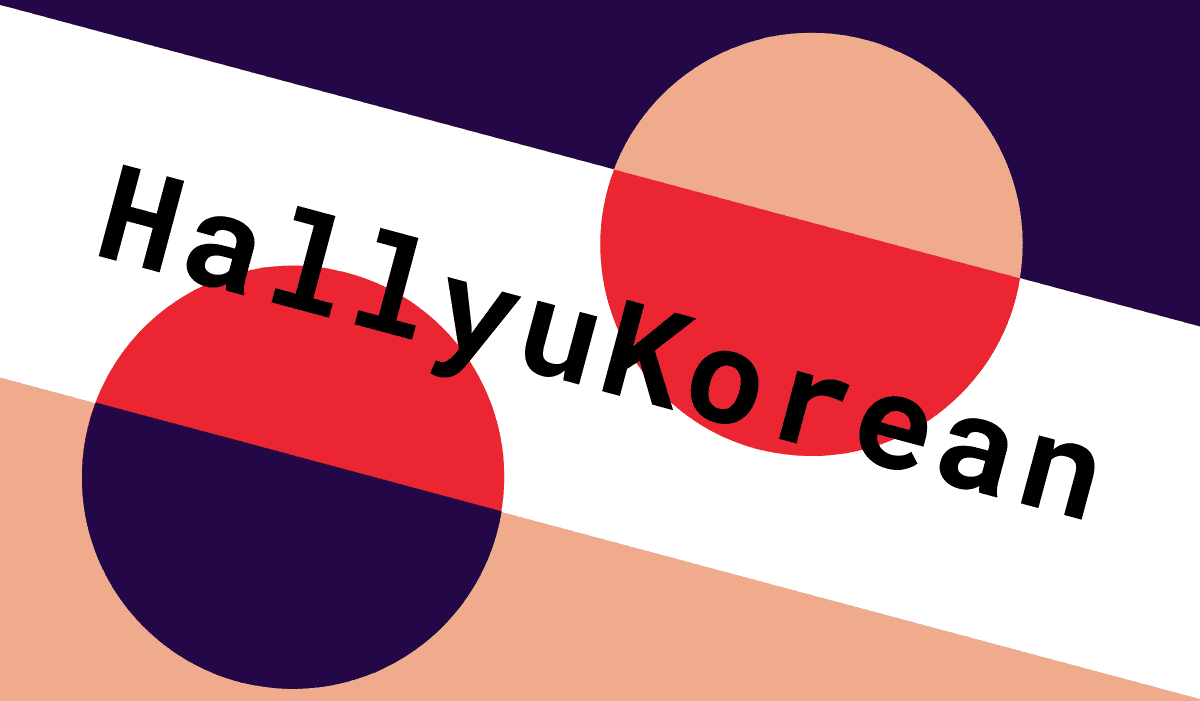Korean words for doing something right, doing something wrong : 잘, 잘하다, 잘못, 잘못하다
Let’s learn Korean words for doing something right, doing something wrong with BLACKPINK lyrics.
Click the play button below to listen to all the BLACKPINK lyrics used in this post.
잘 [jal] well, skillfully
나도 잘 알아
na-do jal a-ra
I also know well
*나(I) + 도(also) +
잘(well) +
알아(know)
잘하다 [jal-ha-da] to do sth well, to do sth right
시간은 많지 않아. 있을 때 잘해
si-ga-neun man-chi a-na. i-sseul ttae jal-hae
We don’t have much time. Be good when you have me
*시간(time) + 은(topic particle) +
많지 않아(많다(be much) + ~지 않다(don’t)) +
있을(있다(be) + ㄹ(noun modifier)) +
때(time) +
잘해(do sth well)
잘못 [jal-mot] fault, wrong, wrongly
사람 잘못 골랐어
sa-ram jal-mot gol-la-sseo
You picked the wrong person
*사람(person) +
잘못(wrongly) +
골랐어(고르다(pick) + ~았다(past tense))
잘못하다 [jal-mot-ha-da] to do sth wrong, to make an error
제가 뭘 하든 잘못했다는 이야기만 들었죠
je-ga mwol ha-deun jal-mot-haet-da-neun i-ya-gi-man deu-reot-jyo
No matter what I did, I was told I was wrong
*제가(저(I) + 가(subject particle), 제가) +
뭘(무엇(what) + 을(object particle), =뭘) +
하든(하다(do) + ~든(regardless)) +
잘못했다는(잘못(fault) + 했다(did) + 는(topic particle)) +
이야기(story) + 만(only) +
들었죠(듣다(hear) + ~었다(past tense) + ~죠))
(*나 and 저 both mean I or me. 저 is a modest way of saying 나.
~든(지) means to regardless, no matter (or not).
~죠/~지요 is used when the speaker wants to confirm or reaffirm something to the listener.)
Grammar Reference
*Confusing word : ~든, ~던
~든(지) means to regardless, no matter (or not).
ex)하든 : 하다(do) + ~든(regardless)
Verb stem + ~던 is used to recall a past action or habit that has been repeated often or is still present.
ex)꿈꾸던 : 꿈꾸다(dream) + ~던(noun modifier for past tense)
*외로웠던 : 외롭다(be lonely) + 었던(noun modifier for past tense)
*Tense
*Present tense : Adjective/verb stem + ~아/어/해요
*Past tense : Adjective/verb stem + ~았/었/했어요
*Future tense : Adjective/verb stem + ~(으)ㄹ 거예요 / ~ㄹ 게요/ ~겠어요
The basic way to get the verb/adjective stem is to remove 다 from the verb/adjective.
If there is a vowel ㅏ or ㅗ on the final syllable of the adjective/verb stem, 아요(present tense), 았어요(past tense), 을 거예요(future tense) is used.
If there is a vowel other than ㅏ or ㅗ on the final syllable of the adjective/verb, 어요(present tense), 었어요(past tense), ㄹ 거예요(future tense) is used.
Also, if there is 하다 in the adjective/verb, 하다 changes to 해요(present tense), 했어요(past tense), 할 거예요(future tense).
Below you can see the conjugation of 잘하다, 잘못하다 by tenses.
| Present tense | Past tense | Future tense | |
| 잘하다 | 잘해요 | 잘했어요 | 잘할 거예요 |
| 잘못하다 | 잘못해요 | 잘못했어요 | 잘못할 거예요 |
*Speech levels
The three most commonly used Korean speech levels are 합쇼체 (formal polite), 해요체 (informal polite) and 해체 (informal plain).
*The formal polite style : Adjective/verb stem + ~(스)ㅂ니다
~(스)ㅂ니다 is used more in formal or public situations including the military, news, reporting presentations, meetings and lectures. It’s mainly used to address large gatherings or people you don’t know personally.
*The informal polite style : Adjective/verb stem + ~아/어/해요
~아/어/해요 is most commonly used in everyday life. Compared to the formal polite style, the informal polite style is softer and less formal, so it is mainly used among family members, friends, shopkeepers and other close acquaintances.
*The informal plain style : Adjective/verb stem + ~아/어/해
As for the informal plain style ~아/어/해, it is mainly used among friends from superiors to people of lower rank and among family members.
Below you can see the conjugation of 잘하다, 잘못하다 by speech levels.
| Formal polite | Informal polite | Informal plain | |
| 잘하다 | 잘합니다 | 잘해요 | 잘해 |
| 잘못하다 | 잘못합니다 | 잘못해요 | 잘못해 |

